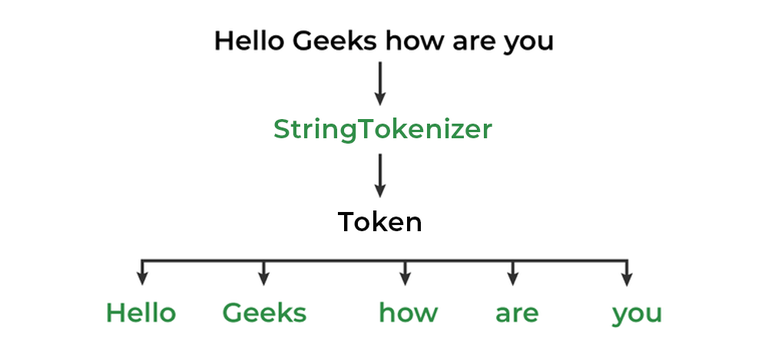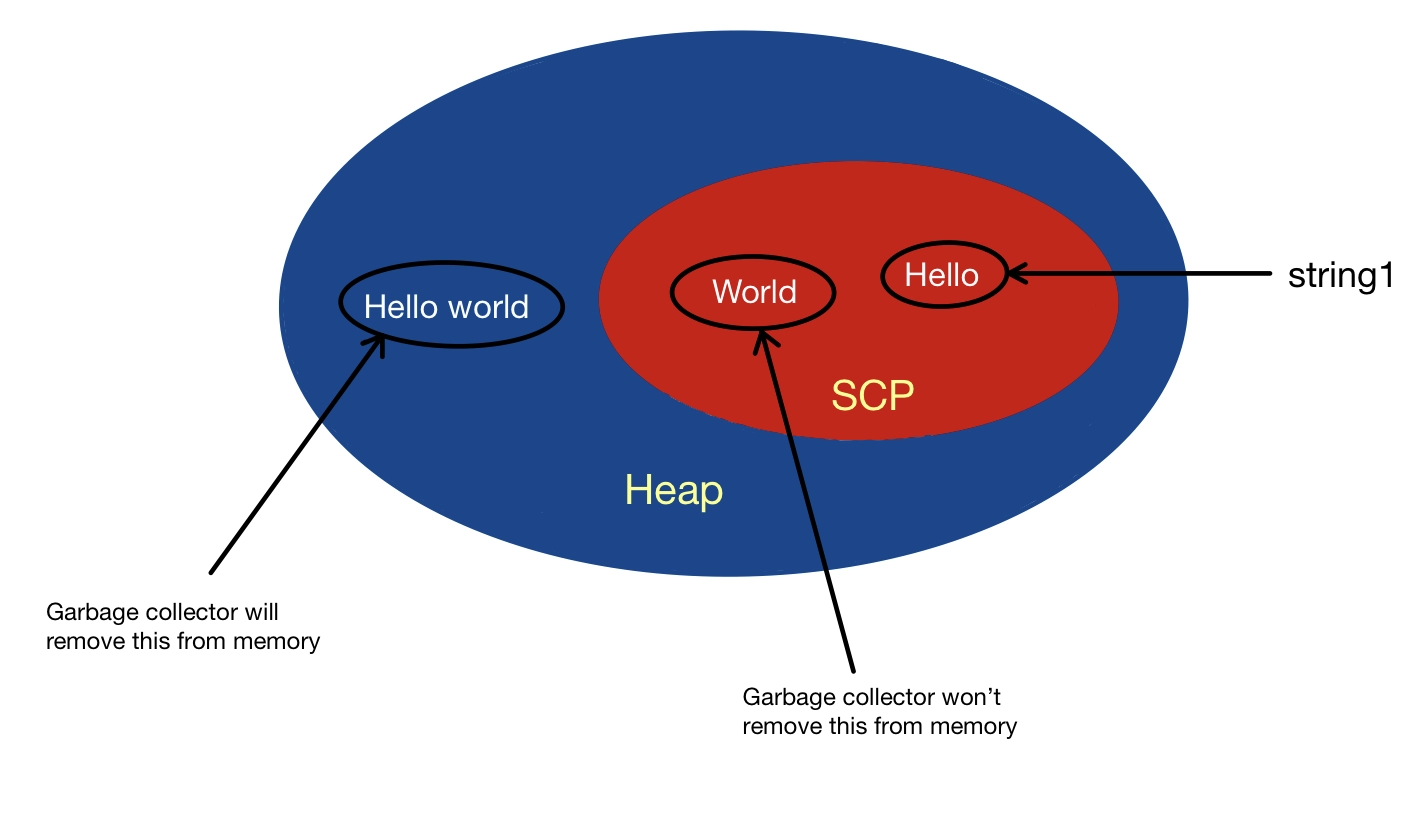Why Are Strings Immutable in Java? Enhancing Code Reliability
Why Are Strings Immutable in Java? Enhancing Code Reliability
Blog Article
What Is Immutable Strings and Just How It Functions
In the world of programs, recognizing the concept of immutable strings is extremely important for creating protected and durable applications. Unalterable strings refer to strings that can not be altered after they are developed, guaranteeing data stability and predictability within the code.
The Fundamentals of Unalterable Strings
Unalterable strings, as an essential idea in programming, are personality sequences that can not be altered as soon as they are created. This indicates that when a string is assigned a value, that worth can not be changed. In languages like Python and Java, strings are immutable items, leading to numerous effects in terms of memory management and information stability.
Among the crucial advantages of immutable strings is that they offer a sense of security in data manipulation. Because the content of an unalterable string can not be modified, it guarantees that the original information stays intact, decreasing the danger of unexpected adjustments throughout program implementation (Why are strings immutable in Java?). This residential property also simplifies debugging processes, as developers can trust that as soon as a string is specified, its value will certainly not be unintentionally altered
When a new string is created based on an existing one, rather than changing the original string, the new worth is saved independently. Overall, recognizing the essentials of unalterable strings is important for grasping programs concepts and enhancing code efficiency.
Benefits of Immutable Strings
Structure upon the security and performance benefits of immutable strings, their benefits extend to improving code reliability and simplifying simultaneous programming tasks. By being immutable, strings can not be customized after creation, which removes the risk of unintended modifications in the information they store. This intrinsic immutability ensures that when a string is created, its value remains consistent throughout the program's execution, decreasing the opportunities of bugs triggered by unexpected modifications.
In addition, immutable strings contribute to code dependability by making it much easier to reason about the state of a program. Because strings can not be altered, designers can rely on that a string will always hold the exact same worth, streamlining debugging and upkeep efforts. This predictability brings about much more dependable and steady codebases.

Implementation in Programming Languages
Within numerous shows languages, the consolidation of unalterable strings is a fundamental facet that influences how data is dealt with and manipulated within code frameworks. The application of immutable strings varies throughout various shows languages, with each language providing its very own devices to sustain this principle.

On the other hand, languages like C and C++ do not have built-in support for immutable strings. Developers in these languages have to by hand carry out immutability by imposing policies within their code to stop direct adjustments to string things.
Ideal Practices for Dealing With Unalterable Strings
When handling unalterable strings in shows languages like Java and Python, sticking to ideal practices makes certain protected and reliable information control. Among the vital finest practices is to use StringBuilder or StringBuffer instead of straight manipulating strings, specifically when taking care of extensive concatenation procedures. These courses provide mutable alternatives for string control, helping to stay clear of unneeded memory allowances and boosting performance.
One more finest practice is to make use of string interpolation or format works provided by the language as opposed to manual concatenation. This not only enhances readability yet likewise aids in protecting against usual challenges such as unintentional string adjustments. Furthermore, when functioning with delicate data such as passwords or API secrets, it is vital to stay clear of saving them as ordinary message in unalterable strings. Using secure storage mechanisms like char arrays or specialized libraries for managing delicate details aids minimize security risks related to unalterable strings.
Real-world Applications and Instances
Discovering sensible applications of immutable strings in various sectors exposes their substantial influence on data stability and system dependability. In the medical care market, immutable strings play a critical role in guaranteeing the safety and security and discretion of person information. By preventing unapproved adjustments to sensitive information such as clinical records and prescriptions, unalterable strings aid keep compliance with strict privacy policies like HIPAA.
Monetary establishments likewise take advantage of the unalterable nature of strings to improve the safety and security of customer data and transaction records. Immutable strings help avoid fraudulence and unapproved modifications to financial information, offering a durable defense against cyber risks and making sure the trust and confidence of clients.

Conclusion
To conclude, unalterable strings are repaired and stable sequences of characters that provide advantages such as string safety and security and enhanced efficiency in programs. They are executed in numerous shows languages to make certain data honesty and security. Ideal methods for dealing with immutable strings include preventing straight adjustments and using methods that return brand-new string objects. Real-world applications of unalterable strings include information file encryption, caching, and string manipulation jobs.
Unalterable why not look here strings refer to strings that can not be modified after they are developed, making sure information stability and predictability within the code. When a new string is produced based on an existing one, rather than modifying the original string, the brand-new value is stored separately.In languages like Java and Python, strings are immutable by default, meaning that as soon as a string object is created, its worth can not be altered - Why are strings immutable in Java?. Finest techniques for functioning with immutable strings include preventing straight modifications and using techniques that return brand-new string objects. Real-world applications of immutable strings include information encryption, caching, and string manipulation jobs
Report this page